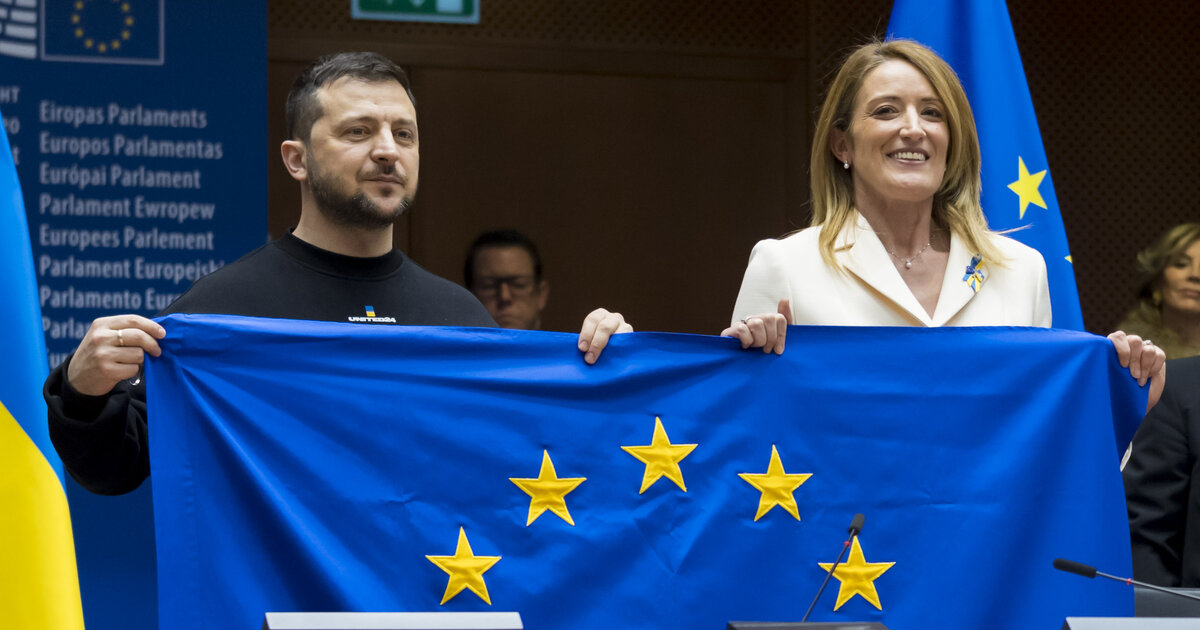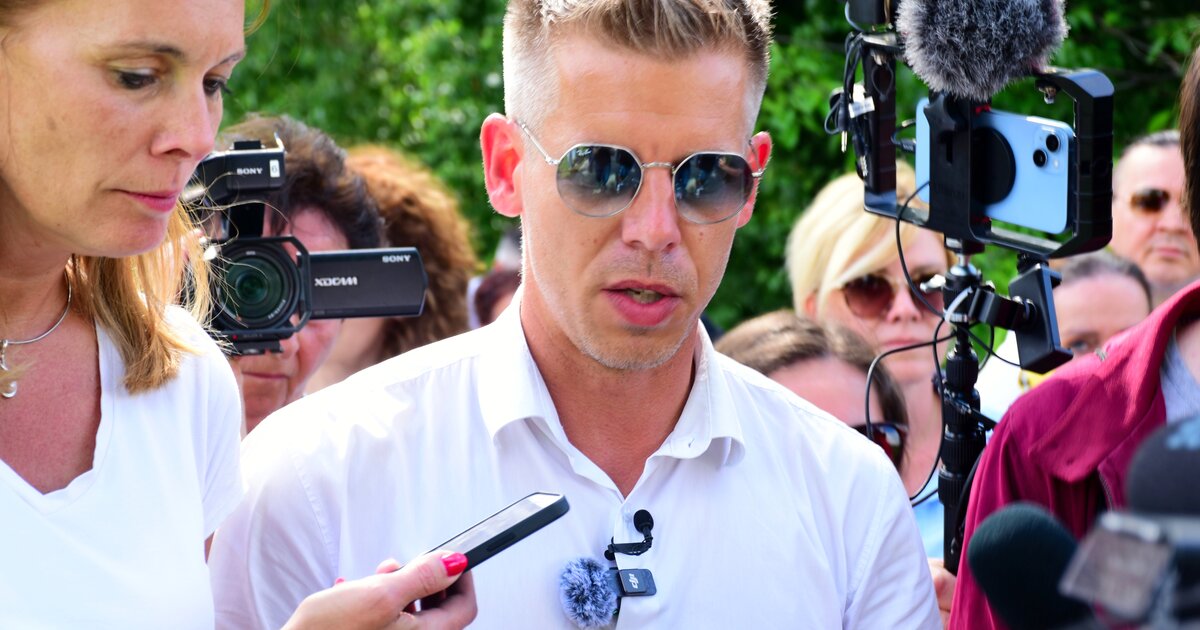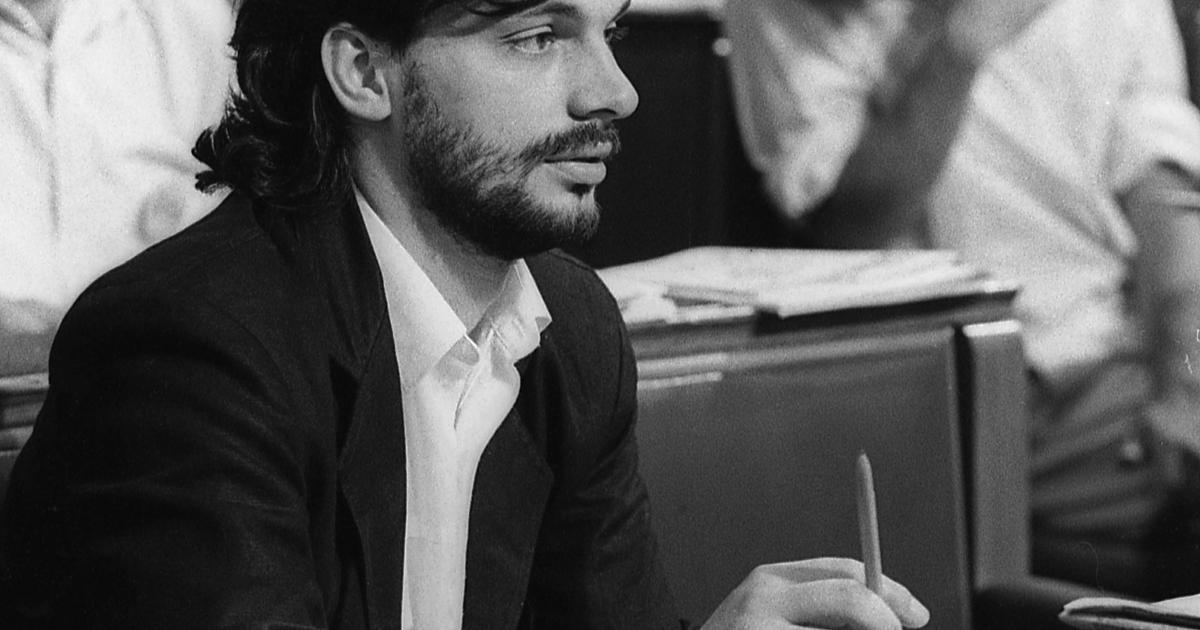|
If this message is not displayed correctly, please click here.
 |
Milé čtenářstvo,
tento týden nás čekají volby do Evropského parlamentu, a proto bychom vás v dnešním newsletteru chtěli upozornit na články a analýzy, které jsme na toto téma sami nebo ve spolupráci s našimi partnery publikovali.
Odkazy naleznete níže.
Minulý týden jsme také společně s organizací EuroPolicy a portálem EURACTIV Slovensko zorganizovali dvě online diskuze, které zhodnotily postoje a předvolební programy slovenských stran. Zaměřily se na zahraničně politické otázky, ale také na lidská práva a otázku rovnosti různých menšin. V druhé diskuzi panovala shoda mezi vystupujícími na tom, že je nezbytné chápat lidská práva komplexně a navzájem se podporovat napříč jednotlivými marginalizovanými skupinami. Za pozornost stojí také květnové číslo čtrnáctideníku A2 věnované reflexi 20 let českého členství v Evropské unii. Přestože je pro nás samotné členství nesmírně důležité, musíme si klást i nepřijemné otázky o tom, co se nepovedlo a která očekávání se nenaplnila, a hledat reálné příčiny euroskeptických postojů. Jen tam pak můžeme vést konstruktivní dialog o tom, kam by se EU měla ubírat. Také o to se zdárně pokouší autorstvo A2. Přejeme vám podnětné čtení! Kateřina BoťováKoordinátorka programu Demokracie, Zahraniční a bezpečnostní politika Heinrich-Böll-Stiftung Praha |
|

|
Slovensko: Pri vstupe Ukrajiny do EÚ sú strany prekvapivo jednotné, o práve veta sú ochotné diskutovať len dve
Najväčšie rozkoly v zahraničnej politike majú strany v otázke vojenskej podpory Ukrajiny a zachovaní práva veta. Aktuálne témy, ktoré v ich programoch k eurovoľbám takmer úplne absentujú, sú napríklad vojna v Pásme Gazy či bilaterálne vzťahy s Čínou. |
|

|
Slovensko: Progresívci aj liberáli chcú v europarlamente rovnosť, líšia sa pri nenávisti ako eurozločine
Podľa strany SaS nepatria otázky rovnosti do rúk Európskej únie, v čom sa zhodne s KDH. Ukazuje to analýza portálu EURACTIV Slovensko, ktorý sa strán pýtal na definíciu znásilnenia, nenávisť ako eurozločin a na práva dúhových rodín. |
|

|
DEBATA | 19. 6.
Langhans, Praha
O jaderné energetice a jejích rizicích s expertem z Francie.
DISKUTOVAT BUDOU:
● Yves Marignac
- francouzský expert na jadernou energetiku a vrchní poradce institutu négaWatt zabývajícího se energetickou transformací ve Francii a v Evropě
● Edvard Sequens
energetický expert z organizace Calla – Sdružení pro záchranu prostředí
|
|

|
SLOVENSKÝ FESTIVAL: Svet medzi riadkami
3. ročník novinárskeho festivalu s hlavnou, ale nie jedinou, témou: garážová žurnalistika
|
|
Dear readers,with the European Parliament elections coming up this week, we would like to draw your attention to the articles and analyses we have published on this topic, either by ourselves or in cooperation with our partners. You will find the links below. Last week, we organized two online discussions with EuroPolicy and EURACTIV Slovensko to assess the positions and election programs of Slovak parties. The first discussion focused on foreign policy issues, while the second addressed h uman rights and the equality of different minorities. In the second discussion, there was a consensus among the speakers that it is necessary to understand human rights comprehensively and to support each other across marginalized groups. The Czech Republic's 20 years of membership in the EU also deserve attention. Although membership itself is extremely important to us, we must also ask ourselves uncomfortable questions about what has gone wrong and what expectations have not been met, and look for the real causes of Eurosceptic attitudes. Only then can we have a constructive dialogue about where the EU should go. We wish you stimulating reading! Kateřina BoťováCoordinator of the Democracy and Foreign & Security Program Heinrich-Böll-Stiftung Praha |
|

|
Slovakia: The Progressives and the Liberals alike desire equality in the European Parliament, however, they differ when it comes to hate as a euro-crime
According to SaS, (ECR), the matters of equality do not fall into the EU scope of authority, a conviction that the party shares with KDH (Christian Democrats, EPP). This is shown by the analysis of EURACTIV Slovensko, in which the online portal inquired the parties about the definition of rape, hatred as a euro-crime and the rights of the rainbow families. |
|

|
Slovakia: When it comes to Ukraine's EU accession, politicians reach a surprising consensus, while only two parties are willing to discuss the right of veto
The major points of friction in foreign policy can be observed when it comes to the issue of military support for Ukraine and keeping of the veto right. Other timely topics that are almost completely absent from the parties' manifestos include, for example, the war in the Gaza Strip or relations with China. |
|

|
Hungary: A newcomer against the Orbán regime
The Hungarian political scene has never been more turbulent in the past 14 years. Since the start of the clemency scandal in early February, Fidesz has been unable to control the political narrative for months, despite its dominant position in power.
The campaign leading up to the local and the European Parliament (EP) elections has been dominated by a new challenger, Péter Magyar, and his Respect and Freedom Party (Tisza) so far, although in recent weeks Fidesz has found its footing again. |
|

|
Hungary: Viktor Orbán’s foreign policy as reflected by his official trips
With the Hungarian EU presidency quickly approaching, it is instructive to examine how the Orbán administration has positioned itself through its global diplomatic visits over the last few years. |
|

|
Who taught the young Viktor Orbán the most about power?
This is the first part of an article series originally published in the online social theory magazine New Equality, describing how Orbán's system, after gaining political and economic power, consciously and systematically built up its educational and cultural institutions and shaped its intellectual holdover by referring to Antonio Gramsci. |
|

|
FOCUS ON HUNGARY
● Read latest analysis in dossier:
"Focus on Hungary"
● NEW TEAM MEMBER
We're happy to announce a new addition to our team!
As Zsófia Deák goes on maternity leave, Burtejin Zorigt will take over Hungary-related projects.
Thank you, Zsófia, for all your hard work.
You can reach Burtejin at:
Burtejin.Zorigt@cz.boell.org
|
|

|
Actually European!? 2024
The EP elections 2024 take place against the backdrop of multiple crises.
Our study captures the mood of citizens before the election and shows that interest in the European elections is high. |
|

|
WEBINAR | June 12
EUROPE AFTER THE EP 2024 ELECTIONS
● What are the main takeaways from the #EP2024 election results? ● What political groups & alliances can be foreseen? ● What will this mean for key EU files?
Info & Registration
|
|

|
DISCUSSION | June 19
FRENCH REACTORS FOR DUKOVANY?
WHEN: June 19, 2024 | 5 PM
WHERE: Cafe and Centrum Langhans, Vodičkova 707/37, Prague 1
LANGUAGE: Czech-English (interpretation provided)
On nuclear energy and its risks with an expert from France.
GUESTS
● Yves Marignac
- French nuclear expert from Institut négaWatt
● Edvard Sequens
- Calla - Association for Preservation of the Environment
|
|

|
INTERNATIONAL JOURNALISM FESTIVAL: World Between the Lines
3rd edition of journalism festival.
The main theme of this edition will be "garage journalism".
|
|
|
If you don´t want to receive any more messages (to: Lenka.Pitronova@cz.boell.org) any longer, you can unsubscribe free of charge at any time.
Heinrich-Böll-Stiftung e.V.
Kancelář v Praze Česká republika, Slovensko, Maďarsko
Jugoslávská 567/16
120 00 Prag 2
Czech Republic
Tel: +420 251 814 173
E-mail: info@cz.boell.org
IČO: 86594141
Prague-office
Jugoslávská 567/16
120 00 Praha 2
Czech Republic
+420 251 814 173
cz-info@cz.boell.org
|


















